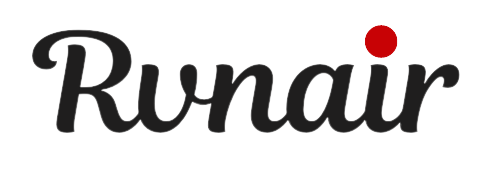In the new financial year, many of us find ourselves in the familiar scramble to maximise our tax savings. We look for ways to invest our hard-earned money wisely while also ensuring that we can provide for our family’s future. One often overlooked but incredibly valuable avenue for both financial security and tax savings is health insurance. It not only protects our health but also offers a unique opportunity to save on taxes through deductions under Section 80D of the Income-tax Act.
Understanding Section 80D
The premium amount paid for health insurance and certain medical expenses is tax-deductible under Section 80D of the Income-tax Act. This section allows individuals to claim deductions of up to Rs. 1 lakh per year for premiums paid towards health insurance policies for themselves, their spouse, children, and parents. Here’s how the deduction works:
- Insurance Premium
- Premium paid on account of maintaining a health insurance policy.
- Any contribution made to the Central Government Health Scheme (CGHS).
- Such other health scheme as may be specified by the CG.
- Preventive Health Check-up
- Medical Expenditure
Quantum of Deduction
- Insurance on the health of self, spouse, and children – Max Rs. 25,000 (In case the person being a senior citizen deduction is Rs. 50,000 instead of Rs. 25,000)
- Insurance on the health of self, spouse, and children – Max Rs. 25,000 (In case the person being a senior citizen deduction is Rs. 50,000 instead of Rs. 25,000)
- Insurance on the health of parents – Max Rs. 25,000 (In case of senior citizen parents deduction is Rs. 50,000 instead of Rs. 25,000)
- Preventive Health Check-up – Max Rs.5,000 (Within above limit)
- Medical Expenditure – Max Rs. 50,000 (Applicable only in case of senior citizens who are unable to get health insurance)
It’s important to note that to claim this deduction, the premium / medical expenses must be paid from your taxable income. The deduction is available regardless of whether the policy is purchased for yourself, your spouse, children, or parents.
Making the most of your tax savings
To make the most of your tax savings through health insurance, let’s consider the following:
- Choosing a comprehensive plan: Select a health insurance plan that provides comprehensive coverage for your family’s healthcare needs. Ensure that the premium amount falls within the limits specified under Section 80D to avail of the tax benefits*.
- Including senior citizens in the plan: If you have senior citizen parents, including them in your health insurance plan can help you claim a higher deduction under Section 80D.
- Timely payment of premiums: Paying your health insurance premiums on time is crucial to avail of the tax benefits*. Late payments may lead to the loss of tax deductions.
- Maintaining records: Keeping records of all your health insurance premiums and payments is essential. These records will be required when filing your tax returns.
In a nutshell
Health insurance is not just a financial product; it’s a crucial tool for ensuring your well-being and financial security. With medical costs rising and healthcare becoming increasingly complex, having the right health insurance policy can provide you with the peace of mind you need. Whether it’s covering unexpected medical expenses, ensuring access to quality healthcare, or offering tax benefits, health insurance plays a vital role in safeguarding you and your family.

